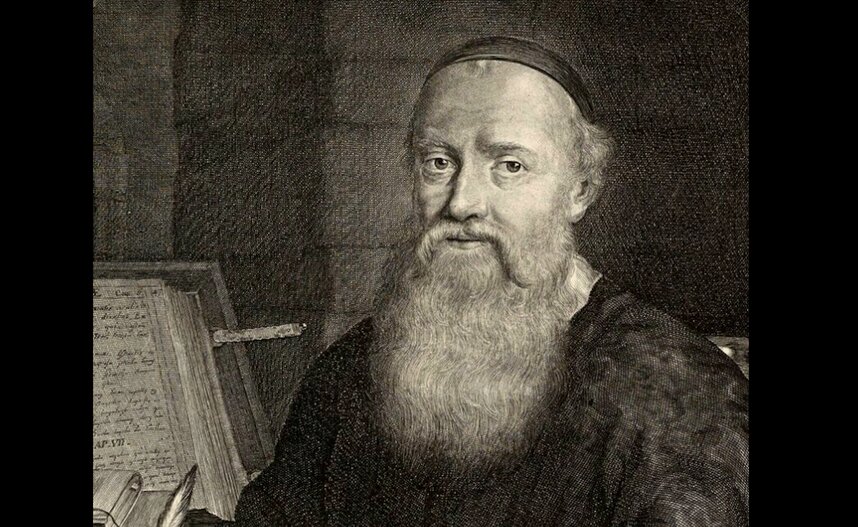“Why are you a Mennonite?” That question is the basis of Canadian Mennonite’s next online event.
Hosted by Aaron Epp, CM’s online media manager, the event will take place on Zoom on Nov. 16 at 8:00 p.m. EST. Register to attend at canadianmennonite .org/events.
Justin Sun, Moses Falco and Kim Penner will join Epp on Nov. 16. We asked them to introduce themselves and pose a question they want to explore during the discussion.
Justin Sun
How I connect with Mennonites can be framed three ways: personally, communally and vocationally. I grew up unfamiliar with the tradition, but I encountered Mennonites in college, where I lived among and learned from Mennonite professors, pastors and friends. I began to think through, wonder about, and adopt the Anabaptist story and theology as my own, as I was educated and brought into the fold of the historic tradition.
From there, I began to dive into Mennonite networks and stepped into roles at local churches. I committed myself to learning and serving in them, meeting great folks along the way—the communal aspect. I learned that connecting with Mennonites is as much about grounding myself with a local expression of its community as it is about history and theology.
Vocationally, I serve as a pastor in two Mennonite Church B.C. congregations, where I am figuring out what it means to be a minister within the institutional Mennonite church.
Being a Mennonite is important to me because I believe it is a faithful, relevant and powerful expression of Christianity grounded in the person and work of Jesus. It grounds me in a historic tradition that continues to speak today and carries with it principles that can cross denominations and traditions.
My question is: “In a time where ‘Mennonite’ is a word that can be defined and claimed broadly, what unites us, what divides us, and why?”
Moses Falco
I am one of the pastors of Sterling Mennonite Fellowship in Winnipeg. I am so grateful to the Mennonite church for inviting me to find meaningful community on the journey of discipleship. I am proud that my family can call the Mennonite church its spiritual home. But it has not always been this way.
When I first married Jessica, I left my Baptist upbringing to join the Mennonite church, where she grew up. This was right around the time Mennonite Church Canada was going through the Being a Faithful Church process. My first year in the Mennonite world was filled with confusion and frustration.
I didn’t understand why we were wasting so much time talking when our leaders could just tell us what to believe. The graciousness of the Mennonite church allowed me to discover what community discernment was really about. It was in the Mennonite church that the centrality of Jesus and the importance of peace came alive. I eventually resonated so much with Mennonite theology that I decided to become a member.
I am part of the Mennonite church because I want to be, and because this is the community where I want to live out my faith. However, as a “non-heritage” Mennonite living in Canada, I still feel like we have a long way to go in order to break the bonds of Mennonite cultural identity.
My questions are: “How can we move forward in a way that celebrates the diverse landscape of Mennonite identity?” and “How can we share the news that ‘Mennonite’ is not something you are born as, but something you become?”
Kim Penner
I grew up entrenched in the joys and challenges of congregational life. My dad was a Mennonite pastor, as were my maternal grandparents. I claimed and celebrated my faith and roots in a peace church.
Even so, I saw deep fractures in the church—evidence of unequal relation- ships of power, individual and systemic—that went unacknowledged. I studied some of these dynamics in my PhD thesis on “Erotic peacemaking” to articulate a life-giving ethics of sexuality and embodiment.
Today, I connect to the Mennonite church as a full-time pastor of Stirling Avenue Mennonite Church in Kitchener, Ont., and as an academic writing and teaching on power and sexuality. More than the church, God the Creator—the fullness of love and belonging, the liberator from oppression, the God of justice and peace in all relationships—is important to me. Wherever that God is reflected, ideally in the Mennonite church, but not exclusively, I find hope and offer thanksgiving.
When I teach ethics, I tell students that we will look at a variety of moral and theological arguments, but we will never debate a person’s humanity. Yet, in MC Canada we have left the humanity of LGBTQ+ persons as something we are open to letting each church decide for themselves. We are not an affirming nationwide church.
My question is: “If being ‘Mennonite’ does not include a shared interpretation of the Gospel as Good News for all peoples, including liberation from all relationships of unequal power, like white supremacist capitalist cis-hetero-patriarchy, then I wonder, ‘What’s in a name?’”
Related stories:
CM event explores concrete steps for reconciliation
Canadian Mennonite online event will explore Indigenous-settler reconciliation
CM hosts first discussion of new online series
Discussion event to explore the climate crisis









Leave a Reply
You must be logged in to post a comment.